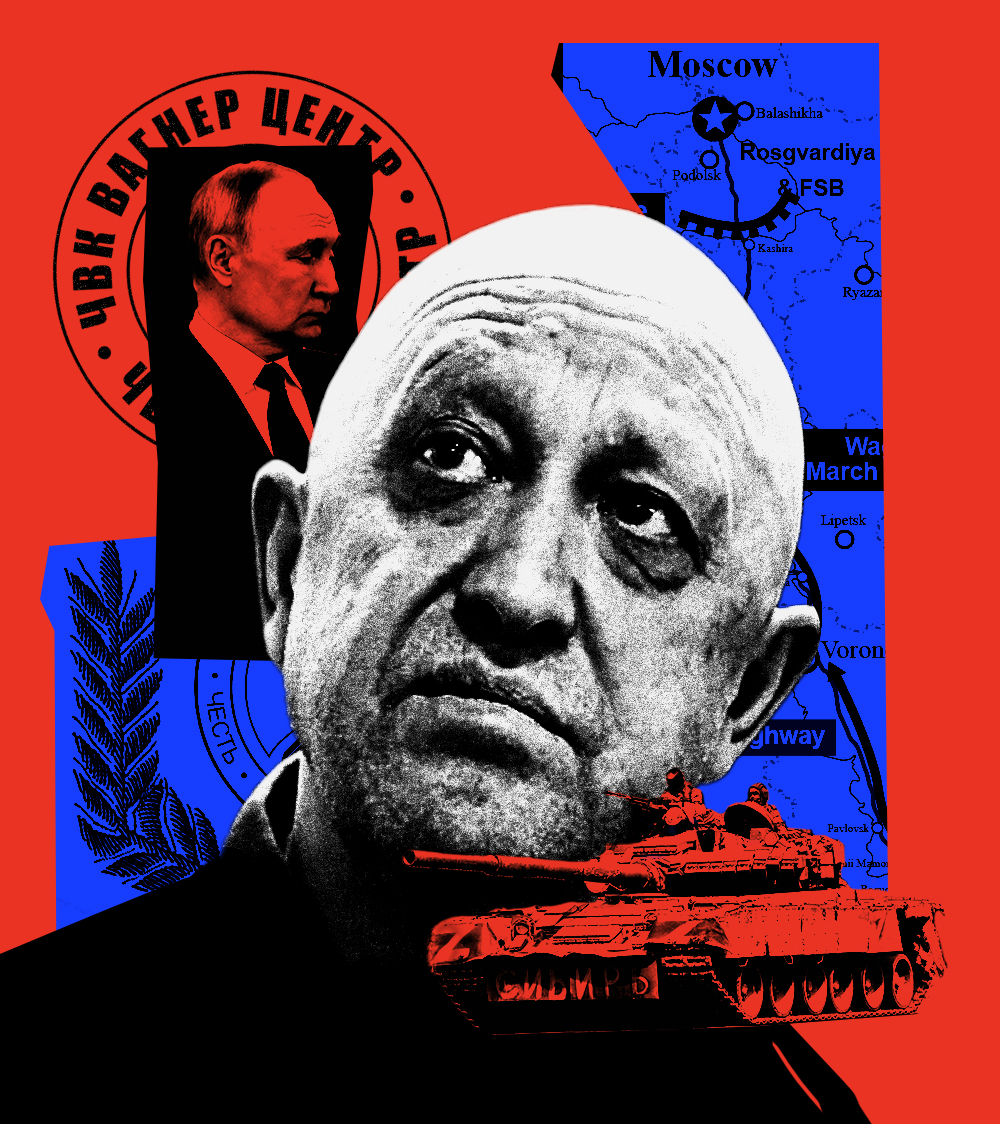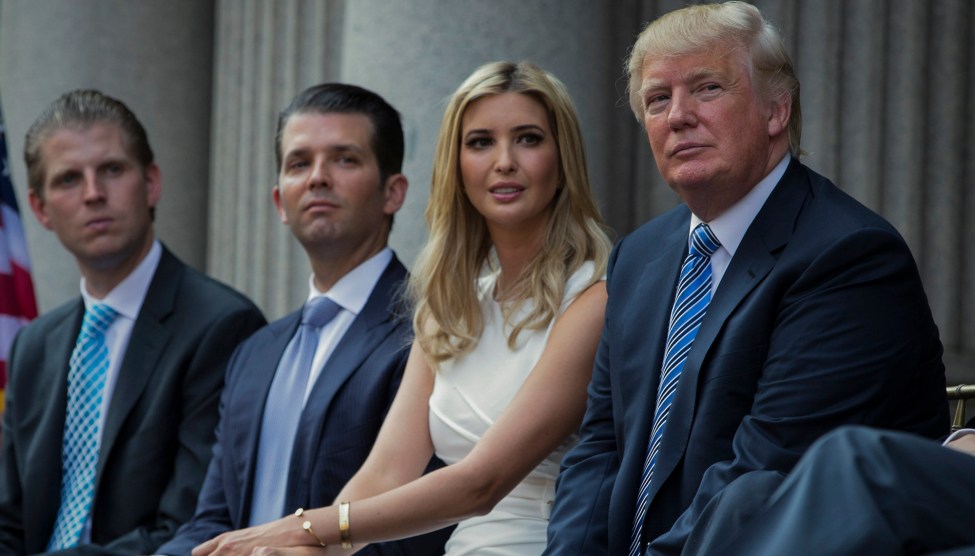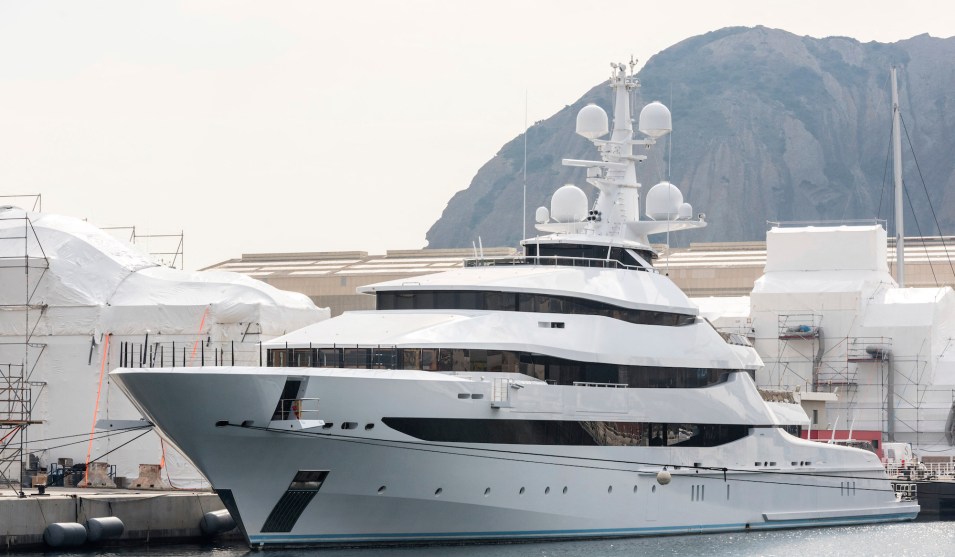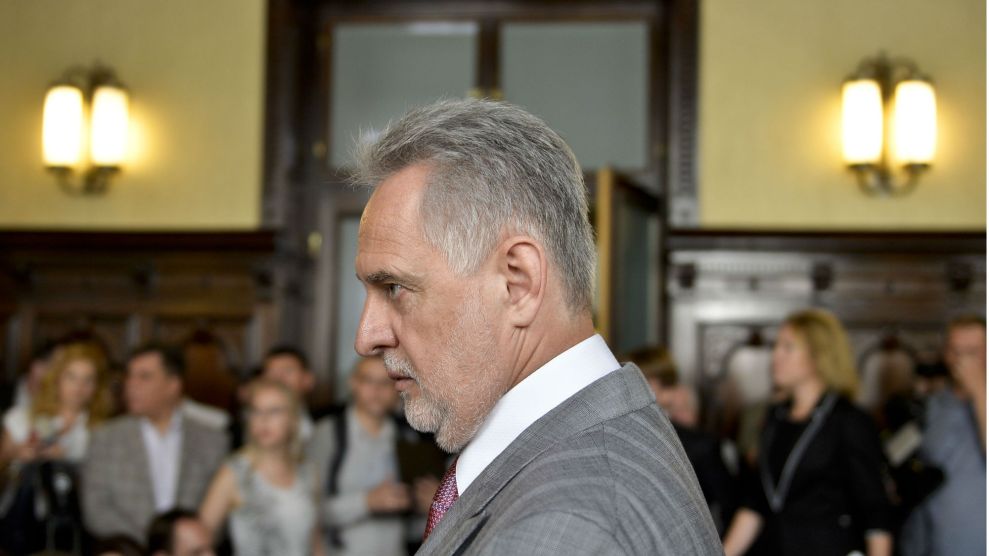Editor’s note: This essay is anonymous in order to protect the writer from potential reprisals.
Yevgeny Prigozhin, co-founder of the notorious private military company Wagner, died in a fiery crash in August when his private jet exploded midair and went down near Tver’, halfway between St. Petersburg and Moscow. Western media outlets were quick to point out that violent ends often come to those who defy Russian President Vladimir Putin. Reuters listed Prigozhin among Putin’s foes, and the New York Post went so far as to call him a dissident. And from CNN to Forbes to the New York Times, Prigozhin was referred as Putin’s prominent critic. Understandably so, since all these terms make sense to us, liberal readers, intent on finding sapling traces of oppositional politics, political dissent, and Russian elites in rebellion.
But such framing misses the point of Prigozhin, of his popularity, success, and postmortem fame. These hinge not on opposition but on unity. Within Russia’s political ecosystem, Putin has few public critics. In many people’s minds, the president naturally aligns with the Motherland. To oppose him is to sow discord, to threaten the Motherland’s interests.
Prigozhin never criticized Putin directly. He once made an inopportune comment about some “happy granddad” who might turn out to be a moron—but then quickly explained he was referring to Valery Gerasimov, commander of Russian forces in Ukraine. And the multitudes who came to mourn Prigozhin at makeshift memorials all over Russia? No, they had not come to oppose Putin. They came to pay their respects to a true patriot who had given his all to the Motherland. They came because they are true patriots, too.
The day after Prigozhin’s plane crashed, I visited one such memorial in St. Petersburg, outside an office building informally known as the Wagner Center. Around four in the afternoon, I saw a small crowd gathered around a large mound of flowers. Wagner’s distinctive black flag fluttered on a temporary flagpole: two daggers crossed under a golden star with the inscription, “Blood. Honor. Motherland. Valor.” People walked up and stood silently, moved on, while other mourners replaced them. Some people brought flowers. An old woman brought home-grown roses. A 16-year-old boy crossed himself vigorously and bowed to the Wagner flag before leaving three red carnations, flowers that are traditional gifts to Soviet war veterans. A young woman, impeccably dressed in black, laid down three expensive stems and left quickly. The mood was somber. Nestled among the blossoms was a sledgehammer—the symbol of Wagner brutality—and a pencil drawing of a capybara wearing a helmet. Some notes were signed with Telegram handles. One of them read: “We will always remember. Pa, should we have hope for the future?”
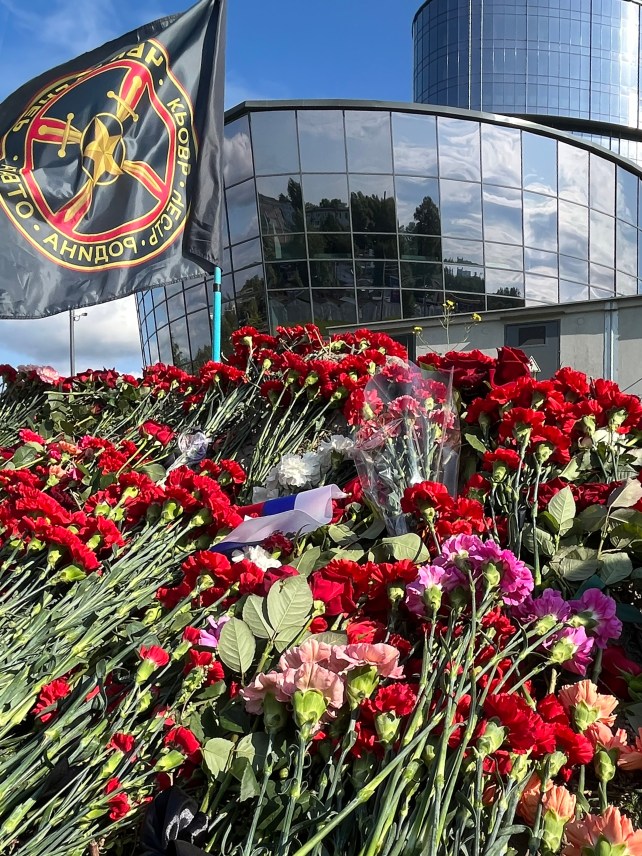
Carnations—traditional gifts to Soviet war veterans—at Prigozhin’s memorial.
Courtesy of author
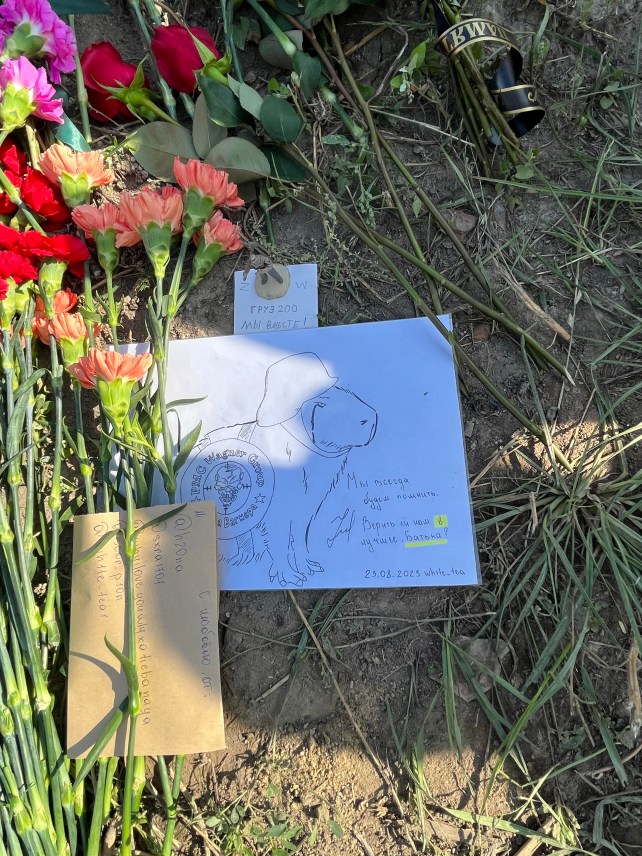
A spontaneous memorial to Prigozhin, St. Petersburg, Russia. August 24, 2023.
Courtesy of author
Rumors swirled in Russia as to who could have been responsible for the assassination disguised as an inexplicable plane crash. Ukraine, of course, was a primary suspect. And, albeit less likely, so was France: Prigozhin had stepped on their toes during his mercenaries’ activities in Africa. But in the hushed tones used to speak of that which should not be publicly spoken, many people were certain that it was an inside job. Who could be behind it? As with any conspiracy, the answer was murky. Most fingers pointed to Prigozhin’s ill-wishers in the Ministry of Defense, the Top Brass whom Prigozhin so openly criticized. But of all the potential suspects, the people at Prigozhin’s memorial did not include Putin. “Prigozhin and Putin, they’re old school,” explained a man in his 20s. “They earnestly serve the Fatherland and neither of them is a traitor. But,” he continued, “not everybody is like them. That’s the problem.”
PMC Wagner is celebrated in Russia for its bloodthirsty efficiency, known for conscripting prisoners and carrying heavy battlefield losses. And Yevgeny Prigozhin is known as a man who got things done; who spoke truth to power, said things straight, while lambasting the rigmarole, bureaucracy, incompetence, and corruption of the military establishment. “Incompetent scumbags,” he called the army commanders, accusing them of throwing away soldiers’ lives. And who would disagree with that? Prigozhin went further. The war, he said—and he called it a war, which is illegal in Russia—was begun on false premises. Neither Ukraine nor NATO planned to attack Russia in February 2022.
But Prigozhin did not blame Putin for starting this war—no more than those who had come to mourn him blamed Putin for his violent end. He blamed those much-hated traitors to Russia’s national interests: he blamed the oligarchs. The war was begun, Prigozhin had said in an interview posted to Telegram by the press service of PMC Wagner, because the oligarchs needed it: those oligarchs who de facto rule Russia “don’t think about the country, or about the people, or even about the war—they don’t think about anything but themselves.”
And Prigozhin himself—with his global natural resources empire, with his family’s horses, art collections, and private jets—wasn’t he an oligarch? No, certainly not. He was a patriot. In Russia, “patriot” and “oligarch” are mutually exclusive terms.
In English, the term “oligarch” has a distinctly post-Soviet ring. The Oxford English Dictionary gives this definition: “Originally and chiefly in post-communist Russia; a very wealthy business leader with a great deal of political influence.” So you might be surprised to learn that there are no oligarchs left in Russia. But it’s true. According to President Putin, in a 2019 interview with the Financial Times, his long war against the oligarchs was over. “Oligarchs,” he explained, “are those who use their proximity to state power to receive super profits. We have large companies, private ones, or with government participation. But I do not know of any large companies that get preferential treatment from being close to the authorities, these are practically non-existent.” Nor do Russian businessmen influence political decisions. “They no longer even try to,” Putin told the Russian News Agency TASS in 2020, “They understood that this is impossible, so they stay out of it.”
When Putin set out to “liquidate the oligarchs as a class” in the early 2000s, he made a deal with the business elite: They could keep their wealth, so long as they stayed out of politics. He extended a similar deal to the people as well. And, on the whole, all parties accepted it. Faced with a comfortably consumerist carrot and a harshly authoritarian stick, society generally agreed that politics was a dangerous, risky, and dirty endeavor: morally suspect, something from which innocent children must be protected. As State Duma Chairman Vyacheslav Volodin reminded us in 2021, criminal law forbids “involving minors in life-threatening actions”—and that includes politics.
But even now that Putin has effectively cleansed the country of all things political, Russian society still finds itself haunted by oligarchs, meddling in national affairs from afar. Today Russian newspapers reserve the term “oligarch” for their descriptions of traitors and foes. The “fugitive oligarch-foreign agent” Mikhail Khodorkovsky, for example, an oil tycoon imprisoned on charges of tax evasion in 2004, released on Putin’s personal pardon a decade later; or Boris Berezovsky, now dead for a decade, whose villa on the French Riviera has recently gone up for sale. Ukrainian billionaire businessmen like Rinat Akhmetov and Ihor Kolomoyskyi are referred to as oligarchs. Meanwhile, Russian businessmen like Alexey Miller and Alisher Usmanov are not.
Oligarchs are traitors to the Motherland’s geopolitical interests; and, in this version of history, those interests extend well beyond the Russian Federation’s actual borders. Ukraine and Russia are “part of the same historical and spiritual space,” Putin insisted in 2021, so the borders between them are nominal. But Ukraine’s “chronic weakness of state institutions” have transformed it into a “willing hostage to another’s geopolitical will.” Not to Russia of course—that would be impossible since, according to Putin, Ukraine and Russia already share one homeland and history—but to those nefarious foreign powers seeking to turn Ukraine into “an anti-Russia.” Ukraine could not stamp out the oligarchs. Having “robbed the Ukrainian people,” these oligarchs now keep “their stolen property in Western banks” and would do anything to retain their wealth.
Putin’s logic repeats recursively: In much the same way that oligarchs scheme to sell out our homeland to foreign powers, so too is the Fifth Column eager to sell out to the oligarchs, whom it emulates. Shortly after Russia invaded Ukraine in February 2022 and began burning down Ukrainian cities, Putin warned TV viewers about this Fifth Column. Those who comprise it, he said, live amongst us in Russia, but in their minds they are in Miami or on the French Rivera, enjoying their oysters, foie gras, and gender freedoms. They identify with the oligarchic upper caste and would sell their own mother to join it, even as “this so-called upper caste needs them only as expendable material used to cause maximum damage to our people.” But Putin assured the public that the people will never be fooled. The people know true patriots from treacherous scum. They will spit out these traitors like a fly that accidentally flew into their mouths: a process of self-purification.
These lines between The People and those who seek to betray them are not so clearly drawn on the ground. In Telegram channels’ less regulated digital space, accusations fly wildly. Names are named. “Oligarchs like Deripaska, Vekselberg, Usmanov used to talk so much [about the ‘Special Military Operation’] that you couldn’t stop them,” raged Prigozhin in an interview posted to Telegram in June 2023. “And now only Dmitri Medvedev is left making some ridiculous statements about how we’re going to defeat everybody right now…Where have all the directors of the large state enterprises disappeared to?… They’ve all just dissolved. I can tell you what I think: that they are also the Fifth Column.”
The term “Fifth Column” originated during the Spanish Civil War. It referred to a traitorous military formation, waiting inside the city to join the other four enemy columns when they invaded. But when Prigozhin led the Wagner Group toward Moscow in battle formation, this was not treason. It was patriotism.
In a series of messages published on Telegram, Prigozhin explained that Wagner was not revolting against the Russian state, but marching against evil: against the Ministry of Defense, whose leaders “disregard the lives of soldiers,” and “have forgotten the meaning of the word ‘justice.’” Wagner, Prigozhin insisted, was not seeking a transfer of power. They sought only to set things straight; to reorient a country that had gone badly off course. Having completed this mission, Wagner would “return to the front lines to protect our Motherland. The presidency, the government, the Ministry of Internal Affairs, the National Guard, and other state structures will continue to function as they had been. We will deal with those who destroy Russian soldiers and then we will return to the front. Justice will be restored in the armed forces, and after that, there will be justice for all of Russia.”
With these words, the private military company rolled into Russian territory fully armed, riding in tanks and armored vehicles. In Rostov-on-the-Don, a city close to the Ukrainian border, people met them with flowers and took selfies with the heroes of Wagner. From there, the patriots proceeded toward Moscow and shot down several of the Russian military helicopters and planes that had been sent to stop them.
Wagner’s march ended the day after it had begun, one hundred and twenty kilometers from Moscow. They stopped and retreated, with all criminal charges against them dropped that same evening. A day later, President Putin thanked everyone. He thanked members of the Russian Armed Forces for their loyalty, selfless service, and patriotism. He thanked pilots killed in action for their bravery. He thanked Russian citizens for their unity and restraint. He thanked Wagner fighters and commanders as well, and underscored that they are “also patriots of Russia, devoted to their people and state.”
In a televised meeting with the Russian Armed Forces, Putin reminded viewers that the Wagner Group was entirely state-funded, and he expressed hope that “no one stole anything” (or at least that they did not steal very much). He laid out the numbers. Between May 2022 and May 2023, Wagner received 86.3 billion rubles from the state budget. (Calculated against the time’s exchange rates, that comes out to about 1 billion US dollars). Another 110 billion rubles were spent on monetary compensation to Wagner fighters themselves. “While the state took full responsibility for maintaining Wagner,” Putin said, “a part of this group—the Concord company—earned another 80 billion rubles,” providing catering services to the Russian Armed Services.
But Concord is not part of Wagner. Concord is a private company, officially registered by Prigozhin 1995. And the Wagner Group officially does not exist. Mercenary organizations are illegal in Russia. Over the past several years, Prigozhin sued several news outlets for associating him with the private military company, and Russian state leaders have repeatedly denied having had any relation to it. “A year ago I spoke to Putin and he assured me Russia had nothing to do with the Wagner Group,” explained French President Emmanuel Macron in February 2023. “I accepted that.” In September 2022, Prigozhin published a short post on his social media profile VKontakte, claiming to have founded Wagner in 2014. Since then, Wagner operated in the open—although it is still illegal.
You might think that Prigozhin was an oligarch with a private army. But his many supporters do not see it this way. Why not? I asked a friend of mine who followed Prigozhin on Telegram—I’ll call him Valera. Valera was sure that Prigozhin was not an oligarch, but he struggled to explain why. Finally, he said, “because he has no political weight.”
“But he has a private army!” I replied.
“Right,” Valera allowed. “But not a political party—he can’t push laws through, can’t go against United Russia…Besides, his army, his fighters, they’re motivated, right?”
“Motivated by money, sure—they’re mercenaries.”
“No,” Valera speculated, “he’s got all that patriotism going. They motivated, fighting for the good.”
Valera is 62. He works three days a week in a state detox center in the regional capital city and spends the rest of his time in a village two hours away, building a guesthouse that he hopes will help support him in his old age.
Valera is a patriot. He believes that Wagner would give Russia its best chance at winning this war—if only the incompetent bureaucrats let them. He was happy to see them march on Moscow for justice: a shake-up that everyone needed. Other patriots, however, were furious. Prigozhin’s ill-wishers accused him of having created the potential conditions for chaos and civil war, either in collusion with the oligarchs or stupidly impervious to their aims. Even if Prigozhin is not personally connected with the West, explained the nationalist blogger Igor Girkin, that “does not mean that his accomplices from among Putin’s ‘friends’ (the oligarchs) are not. With the amount of property that they have abroad, it would be ridiculous to assume that they have no connections.”
Better known by the nom de plume “Igor Strelkov,” Girkin has also often been described by Western media outlets as a prominent critic of Putin—although his criticism of Russia’s Supreme Commander-in-Chief avoids naming names.
Girkin is a historical reenactment enthusiast. His hobby of dressing up like a participant in both World Wars landed him some bit film roles over the years, and in 2014 he put this military posturing to practical use. Crossing over the Ukrainian border with a small militia, Girkin led an uprising in the regions of Eastern Ukraine that he called “Novorossia”—alluding to the Russian Empire, during a period when the term was used to refer to the region directly to the north of Crimea. In July 2014, Girkin and his militant band shot down Malaysian Airlines Flight 17 with a BUK surface-to-air missile system they had borrowed from the Russian Armed Forces. Girkin was tried in absentia by a Dutch court and found guilty but Russia refuses to extradite him. So for the past several years, Girkin has lived comfortably in Moscow, blogging on Telegram to a community he has dubbed the “Angry Patriots Club.” Like Prigozhin, he harshly criticizes Russian military commanders and calls for a more decisive, aggressive, and violent war.
But perhaps he took it a step too far. In July, Girkin wrote of the “nothingness” that has headed the country for the past 23 years, “throwing dust into the eyes” of the people. It was easy to guess whom he meant. Could this unnamed leader be removed from his post by force? No, Girkin dismissed the idea, as it would only play into the hands of Russia’s enemies. He expressed hope that the unnamed nothing leader would himself have a change of heart and transfer power to somebody more capable.
Girkin was arrested on charges of extremism a few days later. Not for this post about nothing, but for an earlier one, in which he had stipulated that mobilized Russian men have not received the payments that they have been promised. The case against him is classified, so its details are murky, but the Angry Patriots remain loyal and hope for Girkin’s speedy release. They do not blame Putin, however. Accusing the system of overwhelming cynicism, they blame indefinite outside forces instead writing, “People in uniform had a hand in this—those who were called to defend the Law! Have you forgotten the oath you swore to serve your country and your people? Whom are you serving, WHAT forces are you serving NOW, when you release criminals and imprison patriots? Is there really not a single decent person left among you who is able to speak out against the lawlessness that is happening???”
What, indeed, are these treacherous forces, who are behind them? Working in cahoots with the oligarchs and with the Fifth Column, they are said to serve the interests of global finance, Anglo-Saxons, Ukrainians, NATO—and even Satan himself.
From the beginning of the “Special Military Operation,” high-level politicians have framed it in anti-capitalist and anti-colonial terms: as a struggle against the forces of liberalism, capitalism, gender ideology, and satanism, along with other encroaching international evils. These nefarious forces often find expression in the image of the “Golden Billion,” a popular New World Order conspiracy theory that endows the powers of international capitalism with a single clandestine will. This theory holds that the earth can only support a billion people—and that, consequently, this “Golden Billion” of the richest people alive is actively seeking to destroy the other 6.8 billion of us. Emerging in the wake of the Soviet collapse, it has long been popular on Russia’s conspiratorial fringes. But recently, it has entered the mainstream. Putin references it in his speeches, other state leaders follow his lead, and its truth claims make obvious sense to many people in Russia. The explanatory power of this theory is exquisite because its logic is bottomless. It smoothly blends the Kremlin’s own accusations of indefinite outside meddling with criticism of the Kremlin itself.
But there is one name hardly mentioned in such accusatory narratives—except with a euphemism. It is the gravitational center anchoring this spinning vortex of oligarchic allegations and patriotic claims. In the eye of the storm, things are quiet and orderly. The man at the center also owns yachts, palaces, and private islands; clandestine train stations give exclusive access to his secret residences. No one really knows the extent of his wealth. But when accounts surface of his holdings, his people are seldom outraged.
Why aren’t they? Because Putin isn’t an oligarch.
In 2021, around the time that Alexei Navalny published his exposé video about Putin’s secret Black Sea palace complex, I spent some time in a mid-sized town a few hours outside Moscow, visiting a man I’ll call Oleg. Oleg was a sort of local opposition leader—but a distinctly illiberal one. He stayed abreast of local politics, riled angrily against corrupt bureaucrats, and came out in street protests against policies to raise the pension age. But he also distrusted the liberal opposition, and he had nothing good to say about homosexuals or darker-skinned ethnic minorities. If we were in the US, I suppose he might have been a Trump supporter. I asked him about Navalny’s video: the clandestine estate built with diverted public monies, complete with oyster farms and private vineyards, ice-skating rings and secret escape tunnels, closed airspace, and coastal waters. Oleg had seen it, of course, but so what? He didn’t think too much of it. “He’s the president!” Oleg told me. “Of course, he has a palace. What would you expect—that he build himself a communal apartment?”
The president is he whose name is not taken in vain. He is the Motherland’s ultimate protector and steward; the guarantor of society’s safety and stability, of the people’s sacrifice and their patriotism. He leads the people in their righteous outrage at the oligarchs’ wealth and their treachery.
Asked about the death of Prigozhin, Putin spoke briefly. He said: Prigozhin was a competent businessman who worked in Africa, dealing with minerals, precious metals, oil, and gas. He was a contradictory figure, Putin acknowledged, and made some mistakes. But he achieved the results he needed, both for himself, and, Putin added, “when I asked him to do so, for our common cause also.”
In June 2022, Prigozhin was awarded Russia’s highest state honor, the “Hero of Russia.” But no official announcement was made; no ceremony was televised. He simply began wearing the medal in public. Details of the award became public only after Prigozhin’s apartment was searched following Wagner’s March of Justice: journalists discovered the award documents of Russia’s highest state honor among photographs of severed human heads. These photos had most likely been taken in Syria or in one of the African countries in which Wagner had carried out military missions in the service of the Motherland and her geopolitical interests.
On August 29, 2023, Prigozhin was buried in a small cemetery on the outskirts of the city, next to his father’s grave. No official announcement was made. Newspapers reported on the funeral only after it was over. Twenty to thirty people attended, they reported, only relatives and close friends. Police stalked the perimeter against unexpected guests. Prigozhin did not receive the military salute he was due as the Hero of Russia. But severe traffic jams clogged this part of the city the following day, as Russian patriots streamed in pilgrimage to Prigozhin’s modest grave. A warning for the oligarchs and the fifth column—and perhaps for the rest of us too.
On October 1, 2023—40 days after his death—spontaneous memorials to Yevgeny Prigozhin were erected again in dozens of cities in Russia. In St. Petersburg, our local newspaper reported men, women, and children, Wagner soldiers and elderly women, high-ranking politicians and former convicts, many of them in tears. People remembered Prigozhin as a talented leader, a man who spoke the truth. “Yevgeny Viktorovich [Prigozhin] was a man who gave us hope,” said a teenage boy who had come with his dad. “And those who killed him took away this hope. There is no one else to trust in this country.” His father remained silent.
Images from left: Arkady Budnitsky/Anadolu Agency/Getty, Vladimir Alexandrov/Anadolu Agency/Getty; Wikimedia
